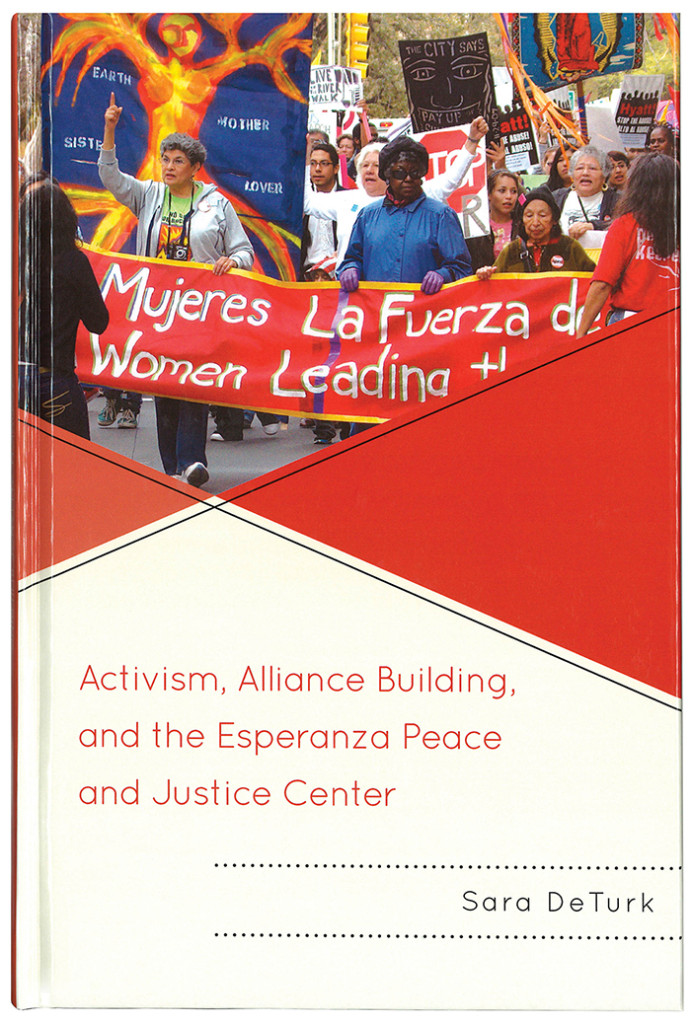Sara DeTurk
A second key point of the book is that single-issue fights and the failure to bring transformation to political organizing itself ultimately undermines the goal of social justice and forces people to choose between different parts of themselves. From Rea Carey, Executive Director of the National LGBTQ Task Force, quoted in the first chapter of the book: “We can’t ask someone to be an undocumented immigrant one day, a lesbian the next, and a mom on the third day.”
In fact, this insistence on wholeness has much deeper roots than recent struggles. Some of the most powerful articulations of this insistence on wholeness that I know of come from a number of lesbian and queer women of color such as Gloria Anzaldúa, Barbara Smith, Cherríe Moraga, and Audre Lorde. One of the clearest comes from the Combahee River Collective in their 1977 statement: “The most general statement of our politics at the present time would be that we are actively committed to struggling against racial, sexual, heterosexual, and class oppression, and see as our particular task the development of integrated analysis and practice based upon the fact that the major systems of oppression are interlocking.”
It was that emphasis on wholeness, on integrating the many fights for social justice, that made me think of another book I read recently about one of the most inspiring organizations I’ve come to know of, Activism, Alliance Building, and the Esperanza Peace and Justice Center by Sara DeTurk.
Founded in 1987, the Esperanza Peace and Justice Center is a cultural and social justice organization rooted in the Westside neighborhood of San Antonio, Texas, a neighborhood that has long been home to many Mexican-Americans and Mexicans, many of whom live at or below the poverty line. Created and run primarily by lesbian and queer Latinas, Esperanza’s founders wanted “a place where they could bring their whole selves,” where they could work on issues ranging from racist development by the city to environmental concerns to breaking down the patriarchy.






